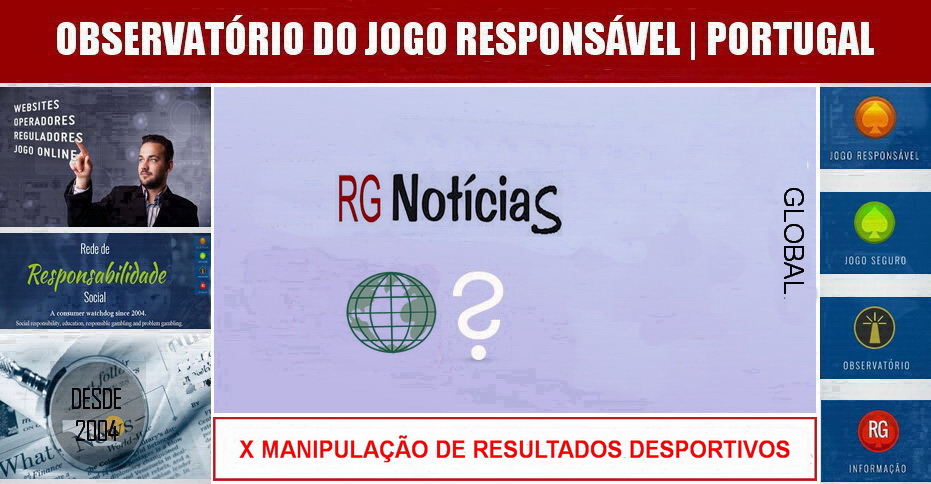THE COUNCIL OF THE EUROPEAN UNION,
1. RECALLING:
— that the Council on 20 May 2011 established a European Union Work Plan for Sport for 2011-2014 which highlighted match-fixing and promotion of good governance as a priority theme. The Expert Group ‘Good Governance in Sport’ was set up to develop a European dimension of the integrity of sport with the initial focus among other things on the fight against match-fixing,
— various initiatives related to the issue of match-fixing which have been taken by the European Union, including the policy debate on sport related aspects of online betting in the Council of 20 May 2011, the Commission’s Green Paper on online gambling in the internal market, the Commission’s communication on fighting corruption in the EU and a communication from the Commission on Developing the European dimension in sport,
— the Recommendation of the Council of Europe on promotion of the integrity of sport against manipulation of results notably match-fixing as a first step in this field
2. AWARE THAT:
1. Match-fixing is besides doping one of the most significant threat to contemporary sport and damages the image of sport by jeopardising the integrity and unpredictability of sporting competition. It contradicts the fundamental values of sport, such as integrity, fair play and respect for others. Due to the worldwide popularity of sport, the problem is neither limited to a single Member State nor to a single sport. Match-fixing is a form of sporting fraud and may occur with the involvement of illegal betting cartels which may be linked to money laundering.
2. Actions at EU level aimed at combating match-fixing should be complementary to actions carried out by the sports movement, public authorities and betting operators.
3. Appropriate, effective and dissuasive sanctions, including criminal and/or disciplinary ones, are necessary to combat match-fixing. In this regard, the Council therefore welcomes the study launched by the Commission on the legal framework applicable to sporting fraud, notably match-fixing, in the EU Member States.
4. Good governance in sport is an essential component in the fight against match-fixing. Problems such as matchfixing seem to occur less frequently where good governance standards are met, inter alia the ban on betting on one’s own sport, regular payment of salaries to players, financial stability and transparency.
3. IN THIS CONTEXT, INVITES THE EU MEMBER STATES AND STAKEHOLDERS, ACTING WITHIN THEIR COMPETENCES AND HAVING REGARD TO THE AUTONOMY OF SPORTS ORGANISATIONS, TO:
1. Encourage the development of educational programmes, for example based on the experience of former sports people in order to improve the awareness of athletes and sports officials regarding the risks associated with the manipulation of results and to prevent them from engaging in such activities.
2. Encourage close cooperation and information sharing between all interested stakeholders in order to combat match-fixing in an effective way, including through any appropriate form of international agreements at all levels, in particular to exchange information on best practices in the prevention, prosecution and monitoring of suspicious betting on sport events.
3. Examine the possibility of launching studies on matchfixing, identifying the scale of the phenomenon, existing problems as well as possible solutions.
4. CALLS ON THE EU MEMBER STATES, THE PRESIDENCY AND THE EUROPEAN COMMISSION, ACTING WITHIN THEIR COMPETENCES AND IN COMPLIANCE WITH THE PRINCIPLE OF SUBSIDIARITY AND TAKING INTO ACCOUNT THEIR INSTITUTIONAL STRUCTURE, TO:
1. Monitor and contribute to the ongoing work on the issue of match-fixing carried out within different international forums, including the International Olympic Committee and the Council of Europe. In this regard, recognise the need for Member States to share information and optimise the input of the EU Member States into these processes.
2. Support the future work in the Expert Group ‘Good Governance in Sport’ with a view to developing a European dimension of the integrity of sport with a particular focus on the fight against match-fixing, including issues like preventive measures, awareness raising, sharing good practices, exchange of information between Member States, e.g. by developing a compendium of best practices, facilitating monitoring and enforcement measures in the framework of existing laws, and the development of cooperation between public authorities, the sports movement and betting operators.
3. Include in relevant international agreements, at national and EU level, provisions on the need to cooperate in addressing the problem of match-fixing notably in connection with irregular gambling.
4. In the light of the results of the pending studies, consider without delay a political declaration between public authorities, the sport movement and betting operators.
5. INVITES THE EUROPEAN COMMISSION TO:
1. Without overlapping with other initiatives and in close cooperation with stakeholders, consider launching a study mapping the situation with regard to match-fixing in the EU and beyond, identifying the existing problems as well as existing initiatives aimed at fighting match-fixing and proposing recommendations on possible solutions to be adopted at EU and international level.
2. Promote the fight against match-fixing in the framework of its dialogue with sport stakeholders, in particular as part of the EU Sport Forum.
3. Consider testing transnational projects in support of the prevention of match-fixing, aimed in particular at awareness raising among athletes and sports officials.
4. Consider making a proposal, in the light of the results of the abovementioned studies and the work of the Expert Group ‘Good Governance in Sport’ as well as activities carried out within different international forums, for a Council Recommendation on combating match-fixing.
5. Include issues relating to combating match-fixing, notably in connection with irregular gambling, in its bilateral contacts and relations with relevant third countries.
 Council conclusions on combating match-fixing
Council conclusions on combating match-fixing


REDE DE RESPONSABILIDADE SOCIAL



























